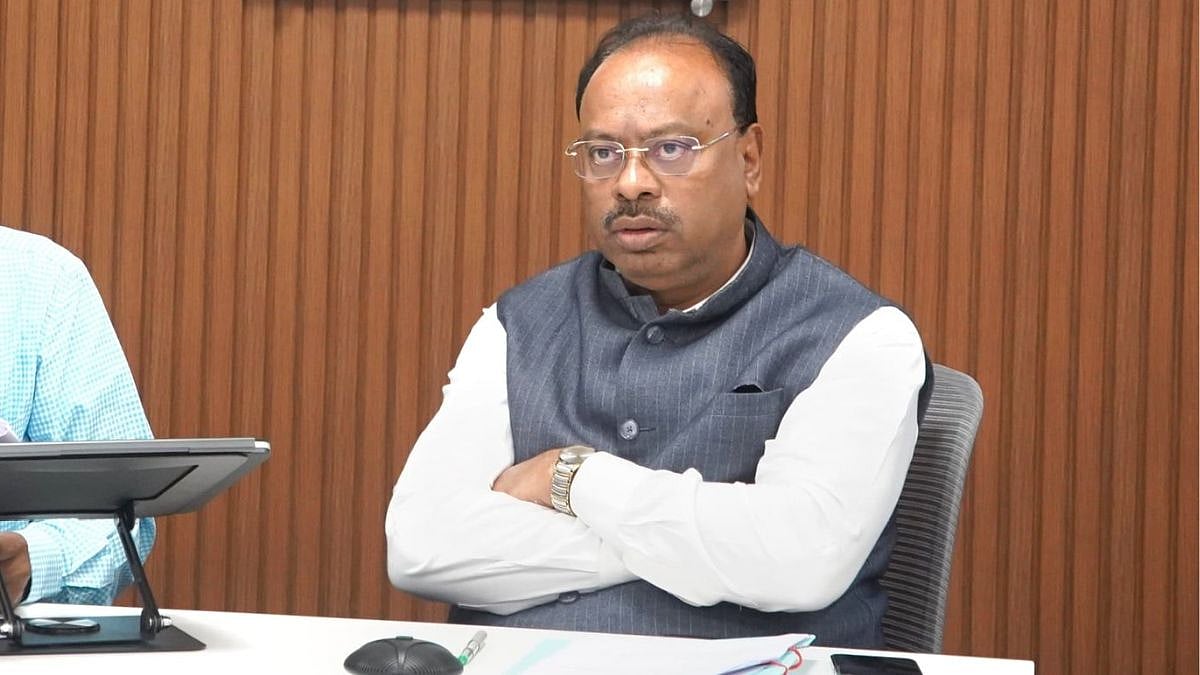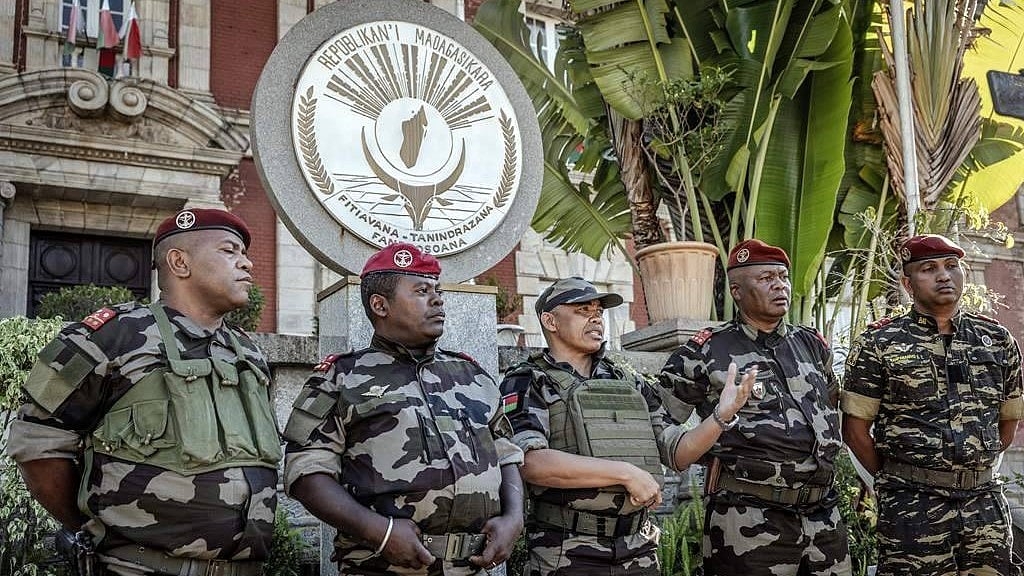Marriage provides a couple the legal, religious, and social right to cohabit till death or till they mutually or legally separate from each other. In short, the institution of marriage brings two persons belonging to the opposite sex together for many reasons, including procreation. At no stage of the marriage is there an assumption that either the man or the woman is superior and the other is subservient to him/her. Thus, the two persons who willingly come under the umbrella of marriage, whether solemnised at a religious place or a designated office under the law of the land, are equal with their own individual rights. Their relationship cannot be described as a master-servant relationship. It is a Victorian concept that the husband wields power over his wife and the latter, therefore, has to subject herself to his physical advances, no matter whether she likes it or not.
It is on this premise that courts in India have successively rejected rape charges brought against men by their wives. They can’t be faulted for Section 375 of the Indian Penal Code that defines rape carries a crucial exemption: “Sexual intercourse or sexual acts by a man with his own wife, the wife not being under 18 years of age, is not rape”. There have been demands from social activists, human rights bodies, and feminist organisations that marital rape too should be brought under the purview of rape. Since law-making is the duty of Parliament, it should have taken the initiative to remove the exemption from Section 375. This is easier said than done as the government will have to fight the forces of patriarchy well-entrenched in all fields, including politics. Yet, there have been significant judgments that are supportive of considering marital rape as abominable as any other rape.
It is in this context that the verdict of a single-member Bench of the Karnataka High Court should be seen. The police in Bengaluru filed a case under various sections of the IPC against a man in his early forties. It was based on the complaint filed by his wife in March 2017. When the trial court took cognisance of the case, he approached the High Court in 2018 with the plea that the rape charge against him was untenable as she was his legally wedded wife. Hence, he could not have “raped” her. Justice M Nagaprasanna who heard the plea rejected the argument on the ground that “a man is a man, rape is a rape, be it performed by a man the “husband” on the woman “wife”.
He went on to argue that the “age-old…regressive” thought that “husbands are the rulers of their wives, their body, mind, and soul should be effaced”.
There is no doubt that the verdict is strong and unequivocal. As a result, the man will have to face trial for rape or make a fresh appeal to a larger Bench and finally to the Supreme Court. Seen from the legal point of view, the verdict is a blow for treating marital rape as a punishable offence. Significantly enough, the judgment also wanted the lawmakers to hear the “voices of silence." True, the High Courts and the Supreme Court are constitutional courts and they have certain privileges under which in the exercise of their powers, they can create laws. For instance, the basic definitions of sexual harassment at the workplace and the guidelines to deal with it were the results of a Supreme Court initiative that stemmed from what is known as the Vishakha case. However, such initiatives have certain limitations, as is implied by the fact that constitutionally, law-making is the prerogative of the legislature.
Call it the brilliance or whatever of Thomas Babington Macaulay, the IPC is one of the least amended laws in the country. It is for sure that he was guided by the mores of the Victorian period when he initially drafted the laws. It is a wrong interpretation of the Biblical teaching in which the husband has control over the wife that found expression in the exemption given in Section 375. Interestingly, in England, from where the law was brought to India, all the Victorian laws have been amended to make them contemporarily relevant. It took many decades for the Supreme Court to de-legalise Section 377 of the IPC that makes sexual activities "against the order of nature" punishable by law and carried a life sentence. Now, consensual gay sex done privately is not a punishable offence. When the political leadership does not have the courage to tackle contentious social issues, the judiciary will have to step into the domain of the legislature. The verdict from the Karnataka High Court should prompt the Modi government to take necessary legislative action or wait for the apex court to eventually cut the Gordian knot of marital rape.










